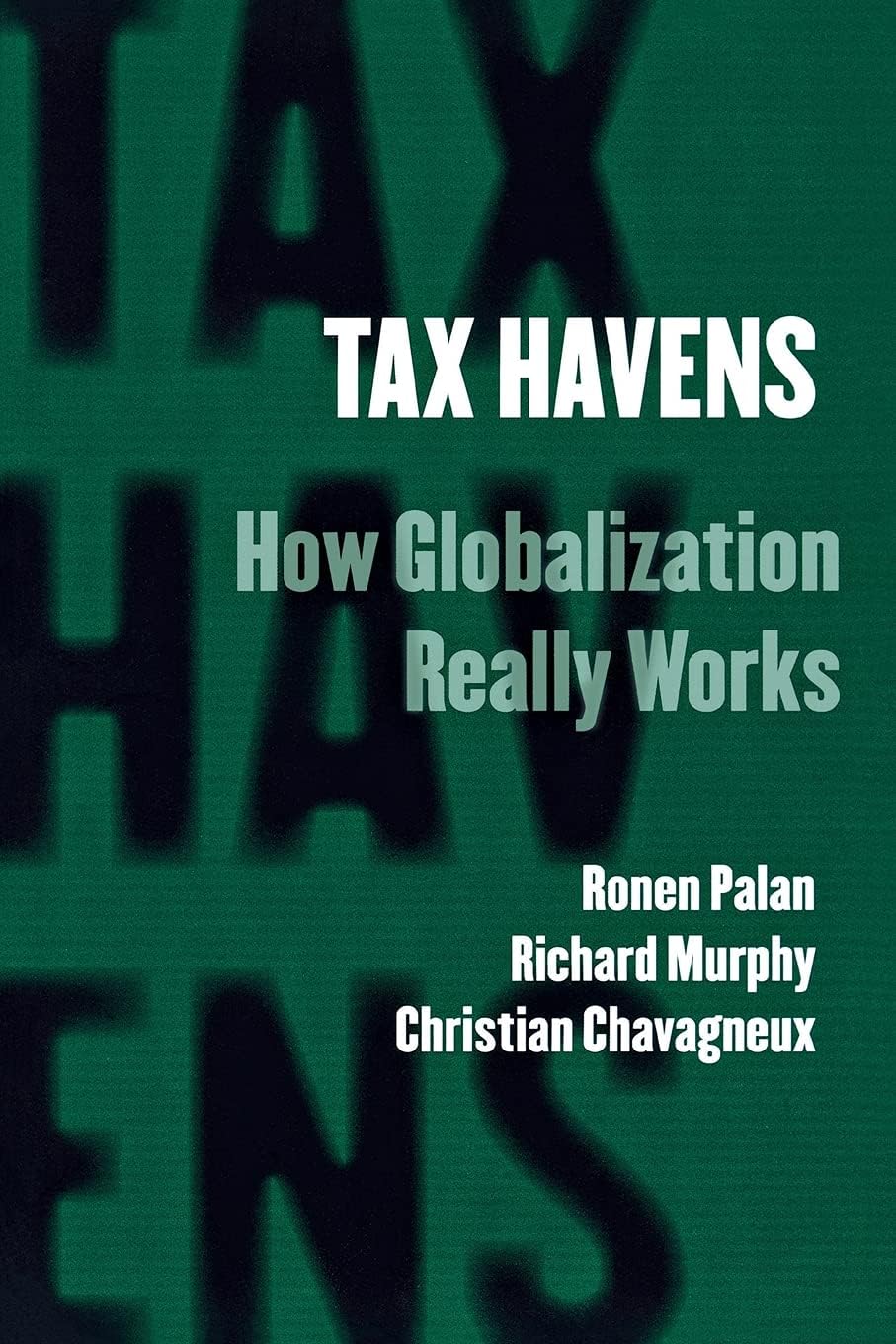Customer Services
Copyright © 2025 Desertcart Holdings Limited



Full description not available
J**Y
Fabulous fabulous book
I had been hoping for the past decade that somebody would write this book. It exhaustively collects all extant data on offshore "tax/regulatory/secrecy havens," detailing their abuses, including: 1) an estimated annual worldwide tax loss of $255 BILLION (primarily from transfer pricing, mis-invoicing intra-group cross-border sales), with the result that by now 60% of large [over $250 million in assets] U.S. corporations pay no taxes, resulting in increased taxes on salaried middle class; 2) facilitation of recent financial crisis, due to opacity of risky assets; 3) facilitation of corruption (bribes, money-laundering, etc.); and facilitation of illegal capital flight, with one NGO estimating that tax havens cost the lives of at least 250,000 children a year in the developing world. And while a number of organizations, such as OECD, IMF, World Bank and others, have made efforts to rein in the worst abuses, must remains to be done. The authors outline several ideas, focusing especially on proposals by the Tax Justice Network for greater transparency. But this problem, as huge as it is, is just one part of the larger problem (soon to be addressed by a UN report by Joseph Stiglitz and David Kennedy) of lack of global economic regulation. Congratulations to the authors on a job well done!
R**I
Cogent, if opinionated, explanation of what tax havens really shield
Some aspects of offshore finance take place in a murky world of sham transactions in exotic locales, yet many economists say tax havens play an important role in greasing the machinery of global capitalism and keeping tax-raising bureaucrats at bay. Authors Ronen Palan, Richard Murphy and Christian Chavagneux beg to differ. They see tax havens as fundamentally dishonest; these "fiscal paradises" favor the haves at the expense of the have-nots. While their opinions on the subject are clear, the authors also provide a thorough overview of what's going on in the world's tax havens and what the future might hold for them. Their writing style is a bit dry and disorganized, but they offer plenty of juicy details about the places and institutions that enable tax evasion. getAbstract recommends this book to readers seeking an in-depth study of the rise of offshore financial centers and their place in global finance.
J**M
Another excellent book on tax havens
I started this book after finishing Shaxson's "Treasure Islands". Both are excellent : Shaxson's book is more entertaining, with more of a narrative. This book has more details as well as graphs and tables.Between the two, this one probably contains more information. That said, I would encourage people with an interest in the subject to pick up Shaxson's book first for an introduction and then to move on to this book if they want more details on this very important subject. Reading both is still only 500 pages or so!
D**.
confuse with his literature style but theory is useful
i bought this to study at college. when i read i always headache, even if i am an international student, many class mate also said that. Author should change to be easier to read.
C**U
Euro-bolshevism
French obsessed with capitalists daring to legally keep profits to themselves - these are the authors of this book. Moral crusaders against capitalism, international business, privacy rights, sovereignty of non-EU states, abject defenders of kleptomaniac governments who can't stand companies using legal tools.
Trustpilot
3 weeks ago
1 day ago